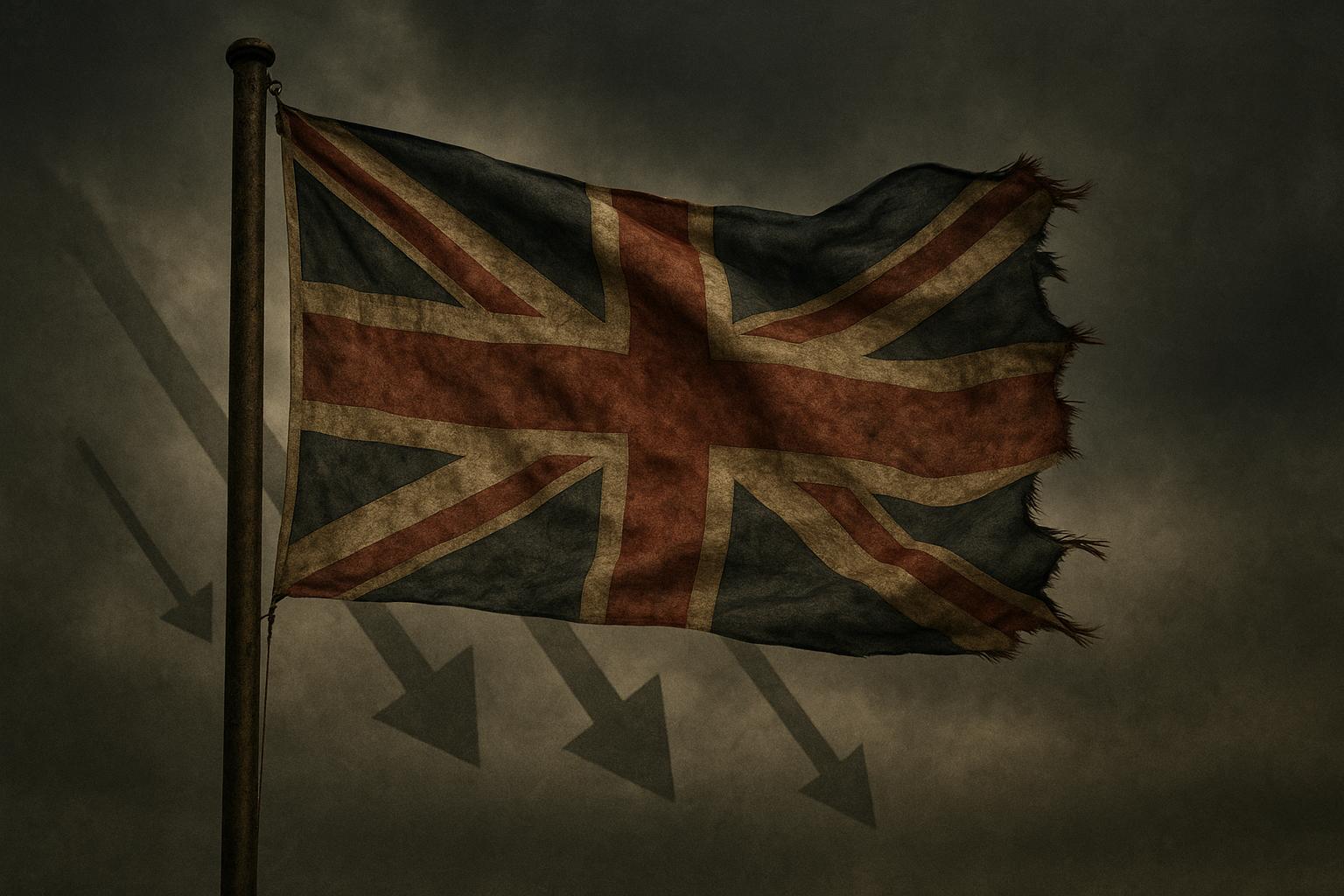The Confederation of British Industry (CBI) has urged Chancellor Rachel Reeves to reconsider her adherence to Labour’s manifesto tax commitments ahead of the November 26 Budget, warning that further tax hikes on businesses risk undermining economic growth. The CBI chief executive, Rain Newton-Smith, stressed that growing economic challenges mean sticking rigidly to pledges such as not increasing income tax or National Insurance contributions on employees may no longer be viable. Instead, the Chancellor should consider breaking manifesto promises by spreading the fiscal burden more broadly, including revisiting personal taxes and public spending, to support investment and long-term productivity.
The business group highlighted that firms are already shouldering a historically high tax burden—taxes on businesses now amount to 30.5% of their revenues, the highest rate in 25 years and expected to rise further. This translates to businesses paying approximately £308.6 billion, exceeding combined budgets for the NHS, education, and defence. The CBI cautioned repeatedly that the Government cannot rely on raising business taxes again to close fiscal gaps without risking stalling investment and growth. Instead, the Chancellor must prioritise fairness and strategic measures that stimulate economic renewal rather than imposing short-term austerity steps that could trigger long-term decline.
This position comes amid signals from Reeves herself, who has not ruled out raising employer National Insurance contributions again, despite Labour’s manifesto promise not to increase taxes on working people such as income tax, employee National Insurance, or VAT. Reeves has clarified that this pledge does not extend to employers, and with a sizeable £22 billion deficit in public finances to address, she has advocated for stability measures to attract investment and foster growth—even if that means unpopular tax increases. Last year’s Budget already introduced the largest tax increase since 1993, and further measures could add up to around £26 billion in additional revenues.
Labour’s official stance remains to maintain tax levels on employees, including freezing corporation tax at 25% throughout the Parliament and extending the Energy and Profits Levy on oil and gas producers to fund domestic energy investments. At the same time, the 2024 Autumn Budget introduced a 1.2 percentage point rise in employer National Insurance contributions and raised capital gains tax rates, alongside other measures like a fuel duty freeze and increasing the national minimum wage. To support smaller businesses amid these changes, the Government increased the Employment Allowance, ensuring many small firms pay no National Insurance contributions.
Expert voices, including the Institute for Fiscal Studies, have warned that any additional hike in employer National Insurance could breach Labour’s manifesto promises despite distinctions drawn by Reeves between employer and employee taxes. The IFS director, Paul Johnson, cautioned that raising such taxes would likely reduce real incomes through higher inflation and suppressed wages. Meanwhile, the CBI has also recommended complementary measures to stimulate growth, such as further planning reforms to expedite infrastructure projects, reducing energy costs for businesses, and reconsidering employment legislation that might hamper job creation in an already cooling labour market.
Overall, the backdrop to Reeves' upcoming Budget is one of difficult trade-offs between political commitments and economic necessities. The CBI emphasises the importance of creating "real fiscal headroom" to enable sustained growth and improving living standards, urging that short-term fiscal tinkering could trigger a damaging downward economic spiral. Reeves faces the challenge of balancing these pressures while maintaining political credibility and delivering the investment mission she has described as central to Labour’s economic vision.
📌 Reference Map:
- [1] (The Independent) - Paragraphs 1, 2, 3, 6, 7
- [2] (Reuters) - Paragraphs 1, 2
- [3] (Reuters) - Paragraph 3
- [4] (Labour Party) - Paragraph 4
- [5] (The National News) - Paragraph 5
- [6] (Public Affairs Networking) - Paragraph 5
- [7] (The Independent) - Paragraph 6
Source: Noah Wire Services
